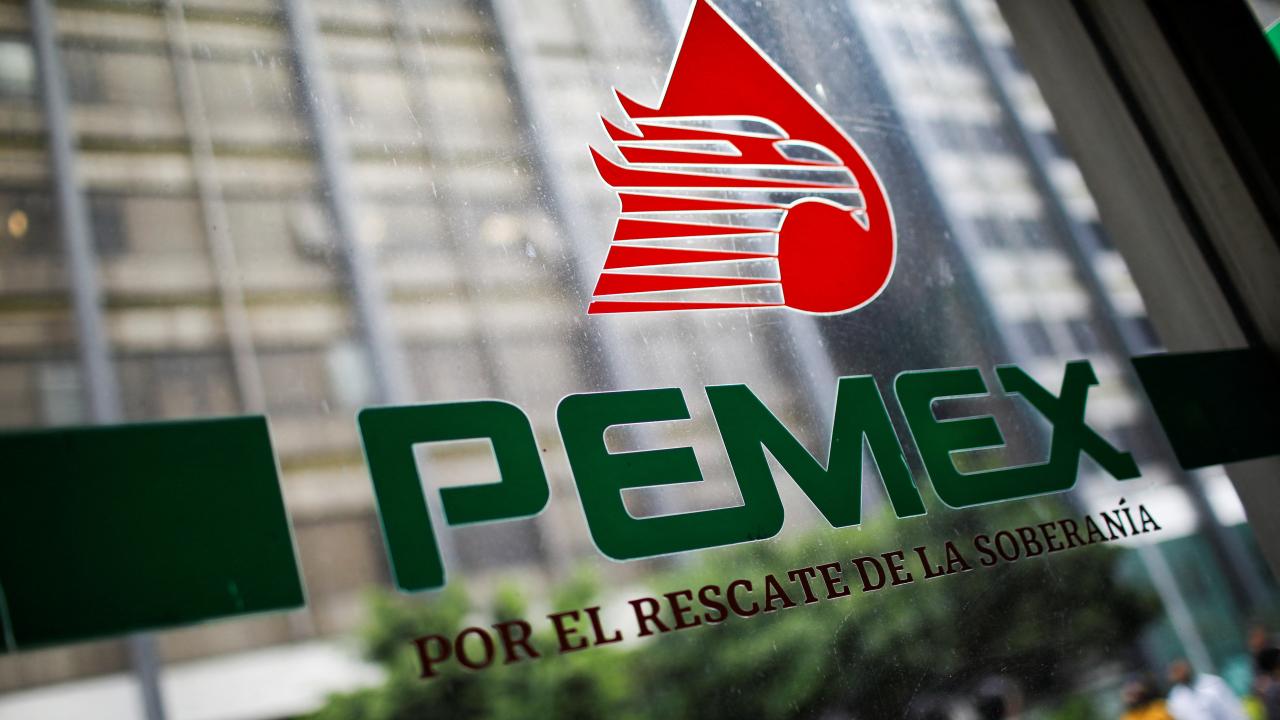
In February, the use of the installed capacity of the National Refining System was 57%.
During the month of February, Petróleos Mexicanos (Pemex) processed 935,254 barrels of crude oil per day in its six refineries within the country, which meant a reduction of 2% compared to the previous month, but implied an increase of 16% in a year, which led it to reduce its national production of petroleum products by 4% compared to January, while it grew by 18% compared to February 2023.
This volume implies that the use of the installed capacity of the National Refining System (SNR) was 57%, in contrast to the 48% that was used in the second month of 2023.
In a decade, Pemex's crude oil process is lower by 167,000 barrels per day, since in February 2014 Pemex reported 1,102 million barrels per day. With this, the process volume of the last reported month was 15% lower than in 2014.
Due to the lack of maintenance at the refineries, in 2018 the process was reduced annually by 41% and fell from 930,433 to 544,263 barrels per day, reaching its lowest level for the second month of the year. Since then, the process volume has increased by an average of 11.8% annually, with investments that according to the Ministry of Energy have been greater than US$ 1,499 million annually.
The above has led to an increase in the production volume of all fuels of the state oil company.
The production of all petroleum products reported by Pemex, which includes automotive fuels, jet fuel, asphalt and liquefied gases, was 957,691 barrels per day, thanks to the crude oil stored in the country. With this, it was reduced by 4.21% in one month, but had an increase of 18% in one year, while in a decade it is lower at 14.7%, but compared to February 2018 it has increased by 82, 5%.
Gasoline production
Last February, gasoline production did not have a monthly decline, but rather an increase of 0.9%, reaching 310,356 barrels per day, a volume 19% higher than it was a year ago. In the last decade, gasoline production is 23% lower, while if it is compared to the production reported by Pemex in February 2018, the increase is 89%.
Derived from the modifications and replacement of equipment carried out in the plants, diesel production, of 168,203 barrels per day, fell 13% in one month, but increased by 60% compared to the second month of last year.
Meanwhile, the production of fuel oil - which is a necessary externality given the increase in the use of refineries - was 299,181 barrels per day, which decreased by 4% in one month and 1.9% in one year, although it has increased 42% in a decade and is 83% higher than that reported in February of the last year of the last administration: 2018, in which it reported 163,227 barrels per day in the second month.
Pemex's sales value increases
Thanks to a slight increase in international prices, since Pemex does not report its production costs but rather takes the reference from the US market of Texas given that it imports 14% of domestic sales of oil products, the value of these sales was US$ 3,705 million, which implied an increase of 5% compared to January, although an annual drop of 7.5% was reported.
The value of these sales is 8% lower than what was reported a decade ago and is practically similar, 1.5% lower, than what was reported in February 2018.
It should be remembered that at the end of 2024, Pemex expects to have an oil production volume of 1,876 million barrels per day of liquid and condensate hydrocarbons.
This volume will mean 97% of national production, since the private companies that received contracts for the development of fields will reach 58,000 barrels per day, since it is worth remembering that during this six-year period no oil bidding rounds were carried out and they have been returned partially or totally 41 of the 111 contracts signed.









